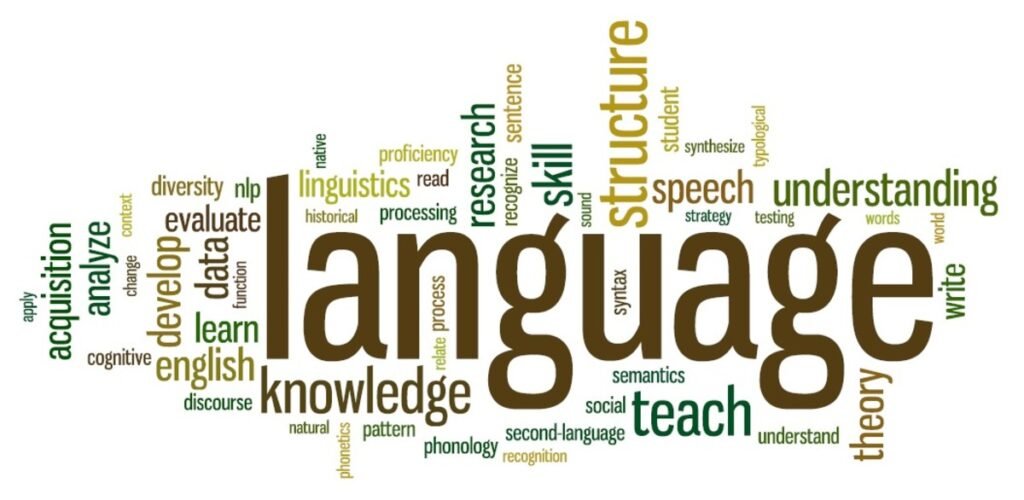“English would replace Latin.” If you had said this years back, you would more likely have been labelled as someone who is not in his senses at all. It is because at that time English was meant for dull-minded students while bright and intelligent students were taught languages like Latin. No one could therefore predict that English would outdo Latin. This happens in the case of many languages of the world. Languages like Hebrew, once the most prestigious ones, become extinct.
The reason why it so lies in the fact that language, which is usually confined to being only a neutral means of communication, is not apolitical, but a highly political phenomenon closely linked with power. Power has different forms of manifestations. Language is one of them. Not a neutral means of communication, therefore, language is instrumental in the construction of identities.
Although there is no such thing as a language being naturally superior or inferior to the other or others, it is the socio-economic position of the individuals speaking that language that determines its superiority or inferiority. Language, in this regard, constructs identities. No longer does it remain a means of communication alone, but, more or less, it comes to be the measure of intelligence. In our context, for example, ones speaking fluently in British and American accents are regarded as educated and highly civilized, no matter how dull they are in intelligence.
That we are too obsessed with learning English in the British accent is a painful reminder of our colonial past whose legacy, in the form of neo-colonialism, has convinced us at the subconscious level that our indigenous languages are nothing in comparison with English. Of course, when we are taught English with the point of exclusivity (without the inclusion of our own language and literature), this complex is bound to be all the more vigorous.
State institutions, which are carriers of the ideology wished to be disseminated, are very important in this regard. Through them, a certain ideology is disseminated in such a subtle way that people unconsciously imbibe it to an extent that they internalize and naturalize it. This is what we call a discursive approach in Antonio Gramsci’s theory of hegemony: opposite of the coercive approach where force is used to control others, the discursive approach relies on the construction of a discourse linked with power.
Learning any language empowers us in multiple ways, but doing so at the cost of one’s own language is a deliberately murderous step towards distortion of one’s own history and cultural values. What is the dire need of the time is to extricate ourselves from the colonial legacy: once we get rid of it, we will have much in our indigenous epistemology beneficial not only to us but has much to offer to the world.
The writer is a lecturer in English in HED Punjab.
